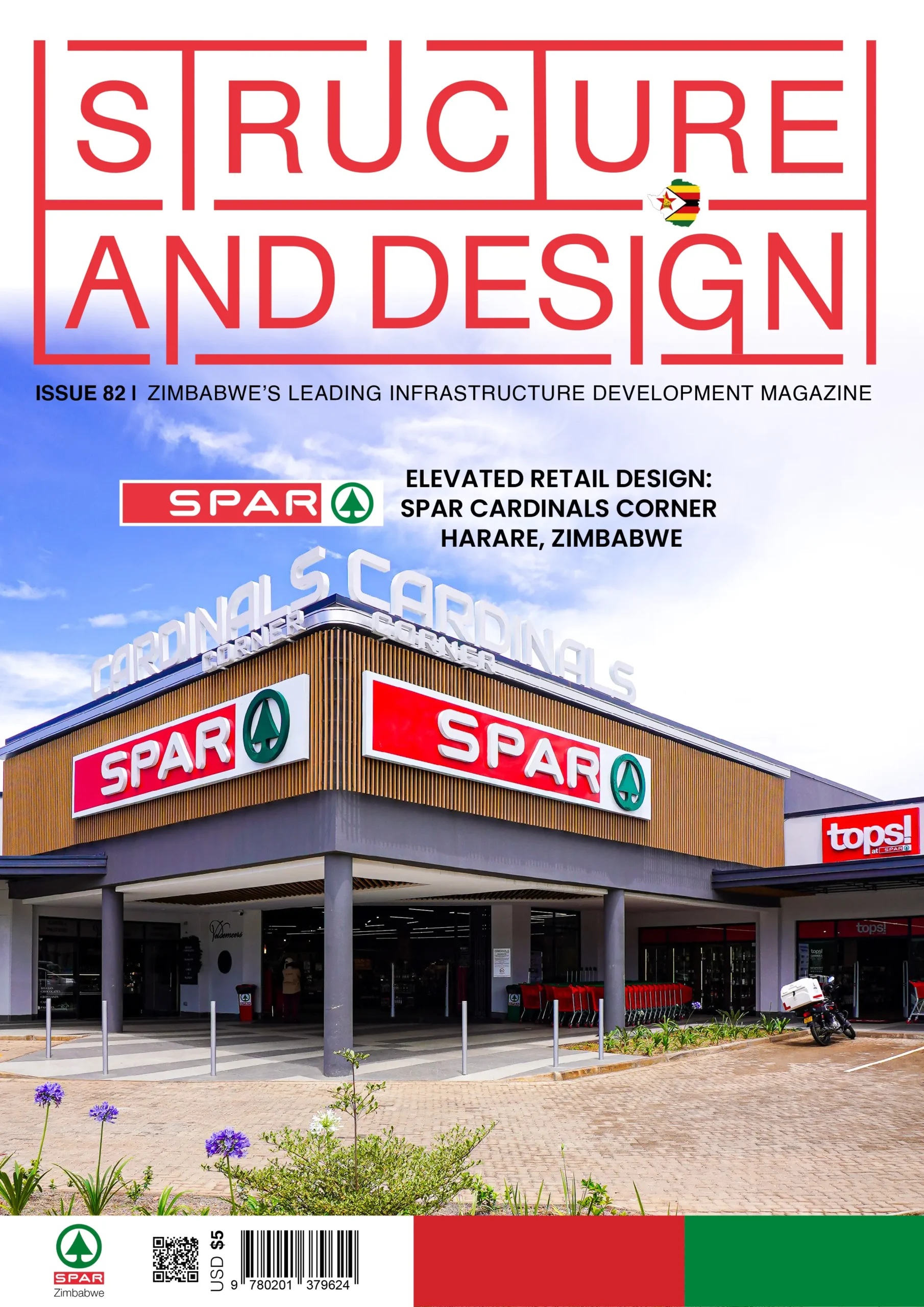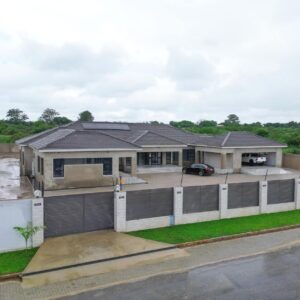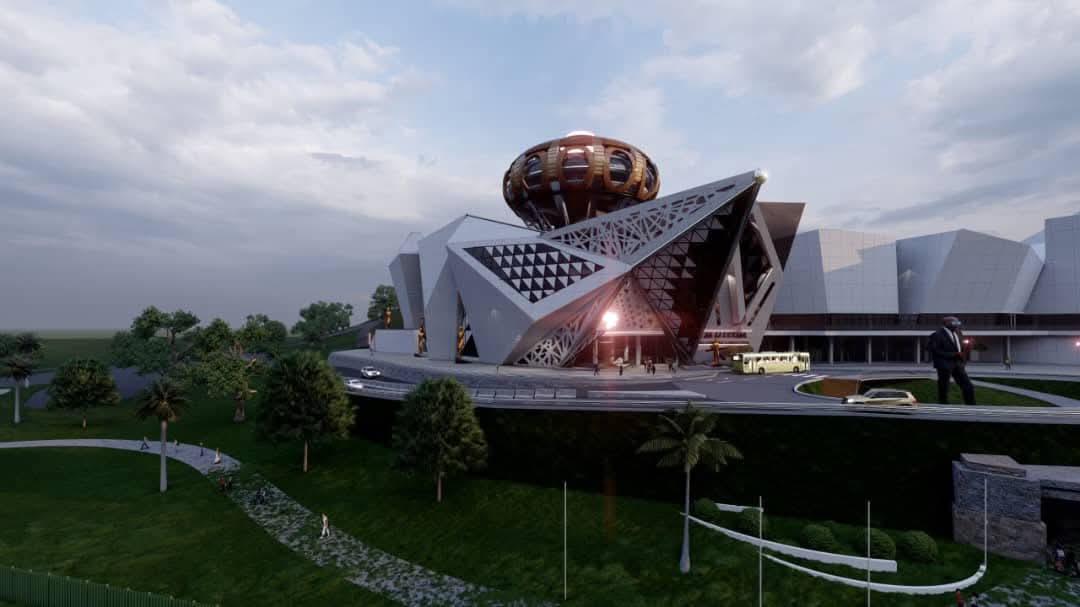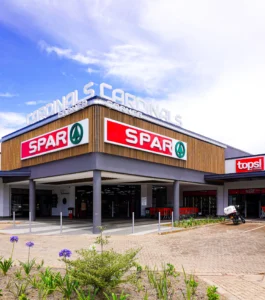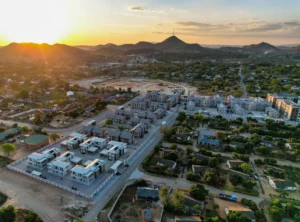The Ministry of Local Government and Public Works has implored property developers across the country to align their projects with sustainable design principles and community-sensitive planning, as the Government pushes for environmentally responsible and inclusive urban growth.
This was revealed by Chief Director of Spatial Planning and Development in the Ministry of Local Government and Public Works, Dr Shingirayi Mushamba, at the Property Developers Association of Zimbabwe Conference (PDAZ) conference held in Harare yesterday.
He said upcoming real estate and commercial projects should enhance and complement existing neighbourhoods, respecting their character, scale, and heritage. The policy seeks to preserve the architectural identity of communities while accommodating modern development trends.
“The ministry is encouraging developers to ensure their projects are in harmony with surrounding areas, enhancing rather than disrupting neighbourhood aesthetics and heritage,” said Dr Mushamba.
Dr Mushamba emphasised the Government’s commitment to green growth, further urging the developers to integrate environmentally friendly construction practices.
According to the Ministry of Local Government and Public Works, these environmentally friendly construction practices include the use of sustainable materials, water harvesting systems, and energy-efficient designs.
“Developments should take advantage of our abundant sunshine through rooftop solar installations that can generate power for both on-site consumption and feeding back into the national grid. This approach will not only support our industries and offices but also reduce the nation’s carbon footprint,” he said.
Dr Mushamba further cautioned developers against overburdening existing infrastructure, but instead called for projects that complement, improve, and rehabilitate local amenities such as roads, water systems, and waste management facilities.
These developments in urban planning signal the tightening of environmental and social compliance requirements within the real estate sector, as Zimbabwe seeks to balance economic expansion with sustainability.
“The ministry’s guidance is timely, especially as urbanisation accelerates,” said a Harare – based property consultant. “Sustainable building practices will attract investors, reduce operating costs, and align Zimbabwe with global green development standards.”
The new focus is expected to guide forthcoming developments under the Government’s National Development Strategy 1 (NDS1), which identifies sustainable infrastructure and energy efficiency as key enablers for achieving Vision 2030.
He noted that all new developments should be fully self-sufficient in infrastructure – providing their own water, sewage, roads, and power or making proportionate contributions toward upgrading the existing networks. This approach guarantees that the strain on municipal water supplies, sewerage systems, road capacity, and electricity grids is kept within manageable limits, safeguarding long-term sustainability and service reliability.


